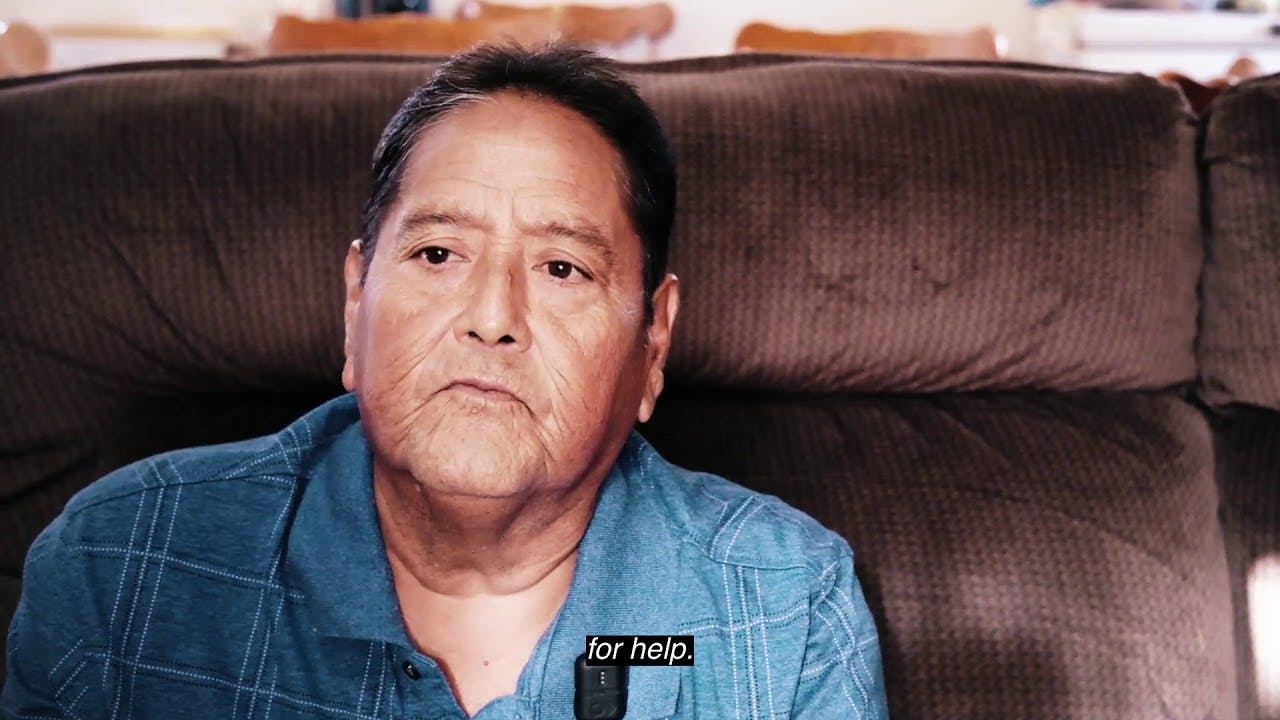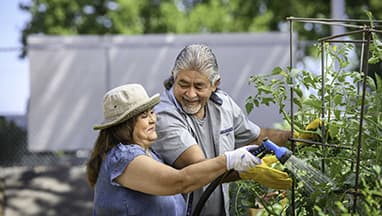Transplant Recipient Surgery
Hear from Kenneth, a patient who received a kidney transplant while being cared for by Presbyterian Transplant Services, as he describes his gratefulness to his donor and describes how organ donation can give waiting patients a second chance at life.

Clinics & Facilities
Transplant Services in Albuquerque at Presbyterian Hospital
Our Providers
PMG Provider DirectoryOur transplant team consists of a multidisciplinary panel of surgeons, physicians, nurses, social workers, transplant coordinators, and donor advocates.



